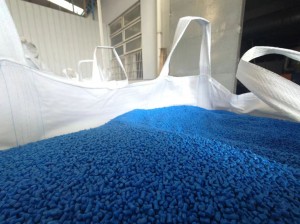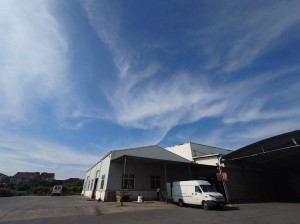For BMS, BUS, Industrial, Instrumentation Cable.
This piece delves into the various forms of PVC employed in wire production and underscores the reasons behind PVC’s status as the preferred material for cable sheaths.


Conclusion:
PVC's versatility and superior properties make it an indispensable material for wire and cable applications. At AipuWaton, we leverage these attributes to ensure our products meet the highest standards of safety and performance. By utilizing advanced offloading techniques, such as those demonstrated in our forklift video, we also prioritize operational efficiency and safety in all aspects of our production and logistics processes.
Control Cables
Structured Cabling System
Network&Data, Fiber-Optic Cable, Patch Cord, Modules, Faceplate
Apr.16th-18th, 2024 Middle-East-Energy in Dubai
Apr.16th-18th, 2024 Securika in Moscow
May.9th, 2024 NEW PRODUCTS & TECHNOLOGIES LAUNCH EVENT in Shanghai
Post time: Jul-10-2024
